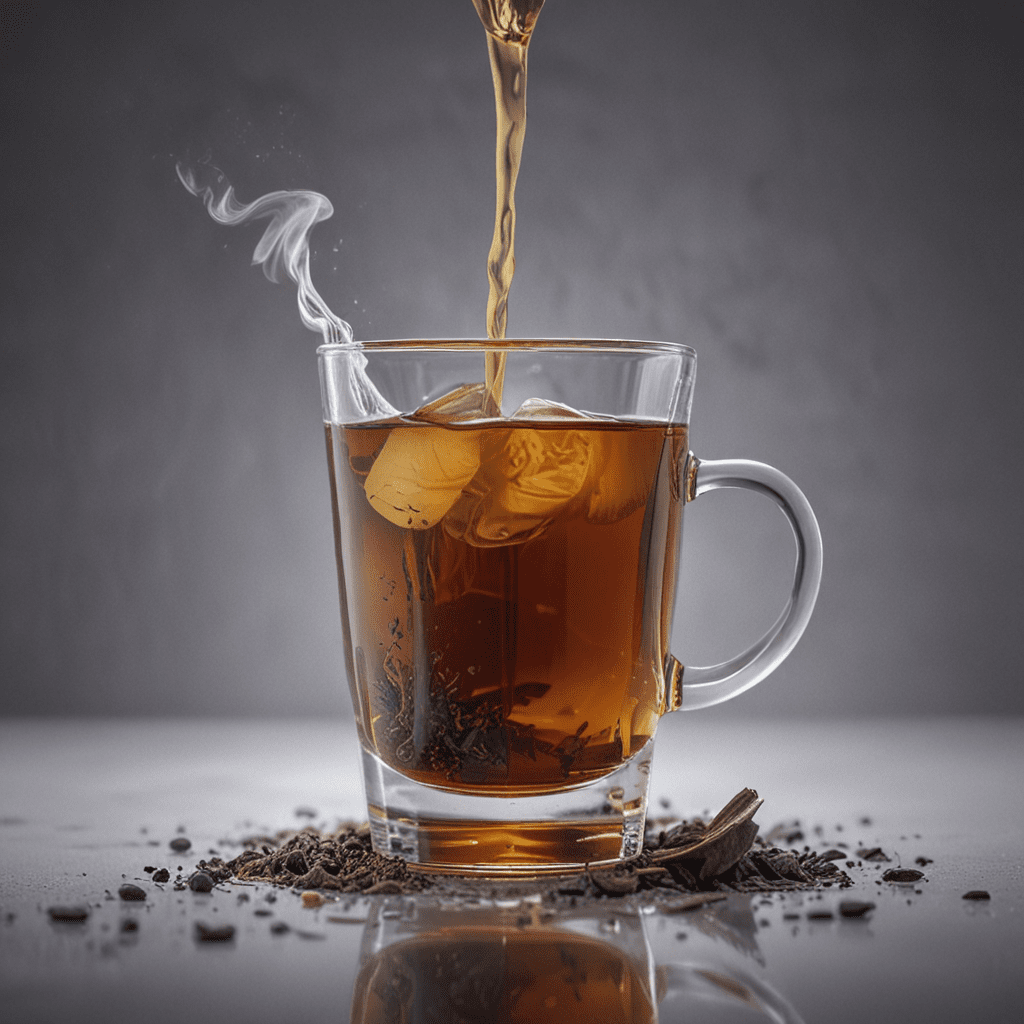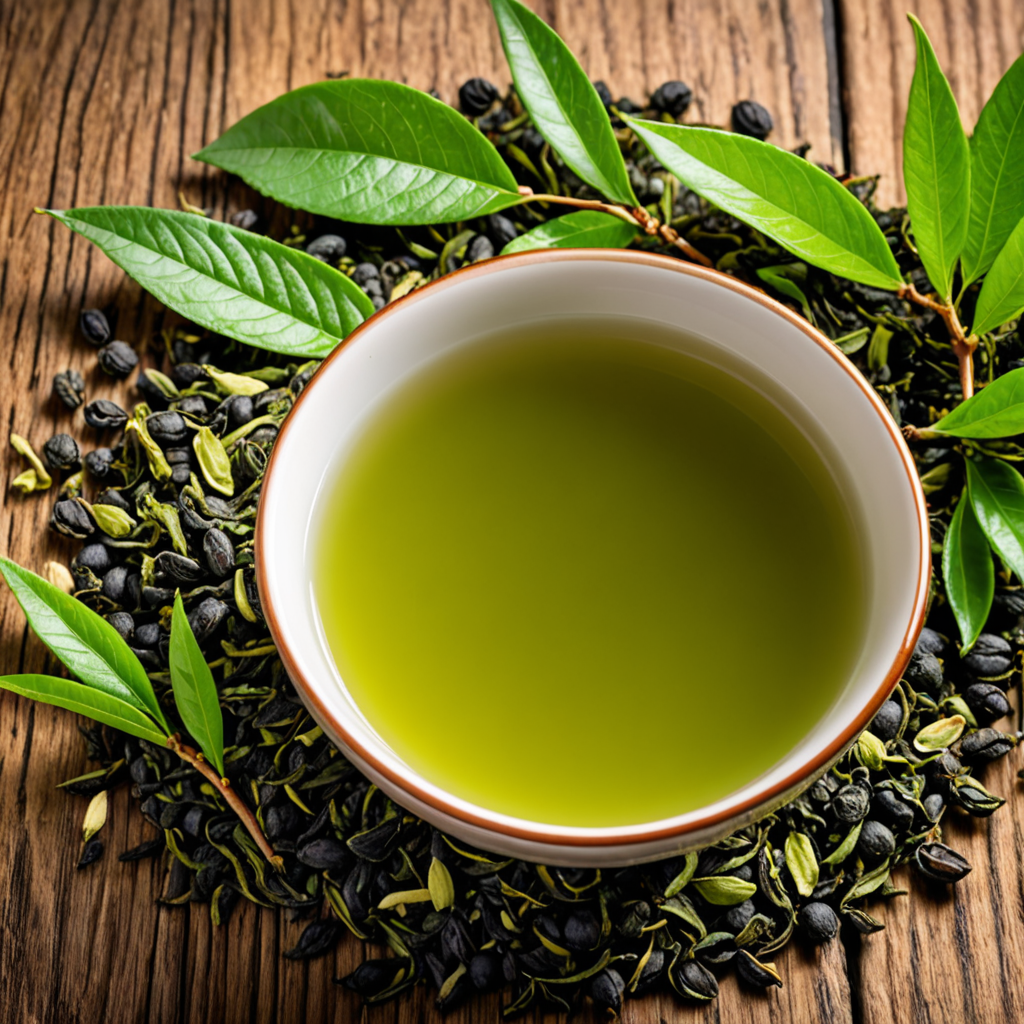Assam Tea: A Journey Through Time
I. Early Origins and Cultivation
Assam tea, a renowned and globally beloved beverage, boasts a rich history that spans centuries. The earliest traces of tea cultivation in Assam, a region in northeastern India, date back to the 19th century, where indigenous communities harvested and consumed tea leaves from wild plants. These early tea enthusiasts recognized the unique flavor and aroma of Assam tea, which is characterized by its malty, full-bodied taste and robust aroma.
II. The Advent of British Rule and the Tea Plantation System
In the mid-19th century, British colonial rule had a profound impact on the tea industry in Assam. Recognizing the potential of Assam tea, the British established large-scale tea plantations, transforming the region into one of the world's leading tea-producing areas. The introduction of organized cultivation methods and modern processing techniques greatly increased the production and popularity of Assam tea, which soon became a staple beverage in many households around the world.
III. The Golden Age of Assam Tea
The late 19th and early 20th centuries marked the golden age of Assam tea. During this period, Assam tea plantations flourished, and the region became renowned for producing some of the finest teas in the world. The development of new tea cultivars, such as the prized Assamica variety, further enhanced the reputation of Assam tea, which was exported to markets across Europe, North America, and beyond. Tea became an integral part of the social and economic fabric of Assam, providing livelihood for countless individuals and contributing significantly to the region's prosperity.
IV. Challenges and Transformations in the 20th Century
The 20th century brought both challenges and transformations to the Assam tea industry. Two World Wars disrupted global trade and tea production, and the post-independence era in India saw the nationalization of many tea plantations. However, Assam tea remained resilient, and the industry adapted to changing circumstances. New technologies, such as mechanization and improved processing methods, were introduced to enhance efficiency and productivity. Despite facing competition from other tea-growing regions, Assam tea maintained its position as a premium tea, valued for its distinctive flavor and quality.
V. The Modern Era of Assam Tea
In the modern era, Assam tea continues to be a thriving industry, incorporating sustainable practices and embracing innovation. The focus on organic cultivation and eco-friendly tea production has grown in response to increasing consumer demand for sustainable products. Additionally, research and development efforts have led to the creation of new tea varieties and blends, catering to the evolving tastes and preferences of tea enthusiasts worldwide. Assam tea remains a popular choice for tea lovers seeking a rich, full-bodied experience, and its legacy as a world-renowned beverage continues to endure.
VI. The Unique Terroir of Assam
Assam's unique terroir, characterized by its fertile soil, abundant rainfall, and subtropical climate, plays a crucial role in shaping the distinctive flavor and quality of Assam tea. The Brahmaputra River, a lifeline for the region, provides natural irrigation and nutrient-rich deposits that contribute to the tea's robust body and malty notes. The combination of these factors creates an ideal environment for tea plants to thrive, producing leaves that are rich in antioxidants and essential oils.
VII. The Tea Gardens and Processing Methods
Assam tea is grown in vast tea gardens, where skilled tea pluckers carefully harvest the two youngest leaves and a bud from each tea plant. These leaves are then processed using traditional methods that have been passed down through generations. The processing involves withering, rolling, oxidizing, and drying the leaves, each step meticulously controlled to preserve the tea's unique flavor and aroma. The result is a variety of Assam teas, ranging from full-bodied black teas to lighter green teas, each with its own distinct character.
VIII. The Health Benefits of Assam Tea
Beyond its delightful taste, Assam tea is also renowned for its health benefits. It is a rich source of antioxidants, which help protect the body from damage caused by free radicals. Studies have shown that regular consumption of Assam tea may reduce the risk of heart disease, cancer, and other chronic conditions. Assam tea is also known to improve digestion, boost immunity, and promote overall well-being.
IX. Cultural and Economic Significance of Assam Tea
Assam tea is deeply intertwined with the cultural and economic fabric of the region. It is a source of pride for the local communities, and tea festivals and events are held throughout the year to celebrate its significance. The tea industry provides employment for countless individuals, from tea pluckers to tea tasters, and contributes significantly to the region's economy. Assam tea is also a major export commodity, bringing in foreign exchange and promoting the region on the global stage.
X. The Future of Assam Tea
The future of Assam tea looks bright, as it continues to be a beloved beverage around the world. The industry is embracing sustainable practices, exploring new markets, and developing innovative products to cater to evolving consumer preferences. With its rich history, unique terroir, and enduring popularity, Assam tea is poised to continue its journey as a world-renowned beverage for generations to come.
FAQ
Q: What is the difference between Assam tea and other types of tea?
A: Assam tea is known for its full-bodied, malty flavor and robust aroma. It is made from the leaves of the Assamica tea plant, which is native to the Assam region of India.
Q: How is Assam tea processed?
A: Assam tea is processed using traditional methods that involve withering, rolling, oxidizing, and drying the leaves. These steps are carefully controlled to preserve the tea's unique flavor and aroma.
Q: What are the health benefits of Assam tea?
A: Assam tea is a rich source of antioxidants, which help protect the body from damage caused by free radicals. Studies have shown that regular consumption of Assam tea may reduce the risk of heart disease, cancer, and other chronic conditions.
Q: How is Assam tea used?
A: Assam tea can be enjoyed black or with milk and sugar. It is also used in a variety of tea blends and is a popular ingredient in tea lattes and other tea-based beverages.
Q: Where can I buy Assam tea?
A: Assam tea is available in most grocery stores and tea shops. It can also be purchased online from a variety of retailers.

